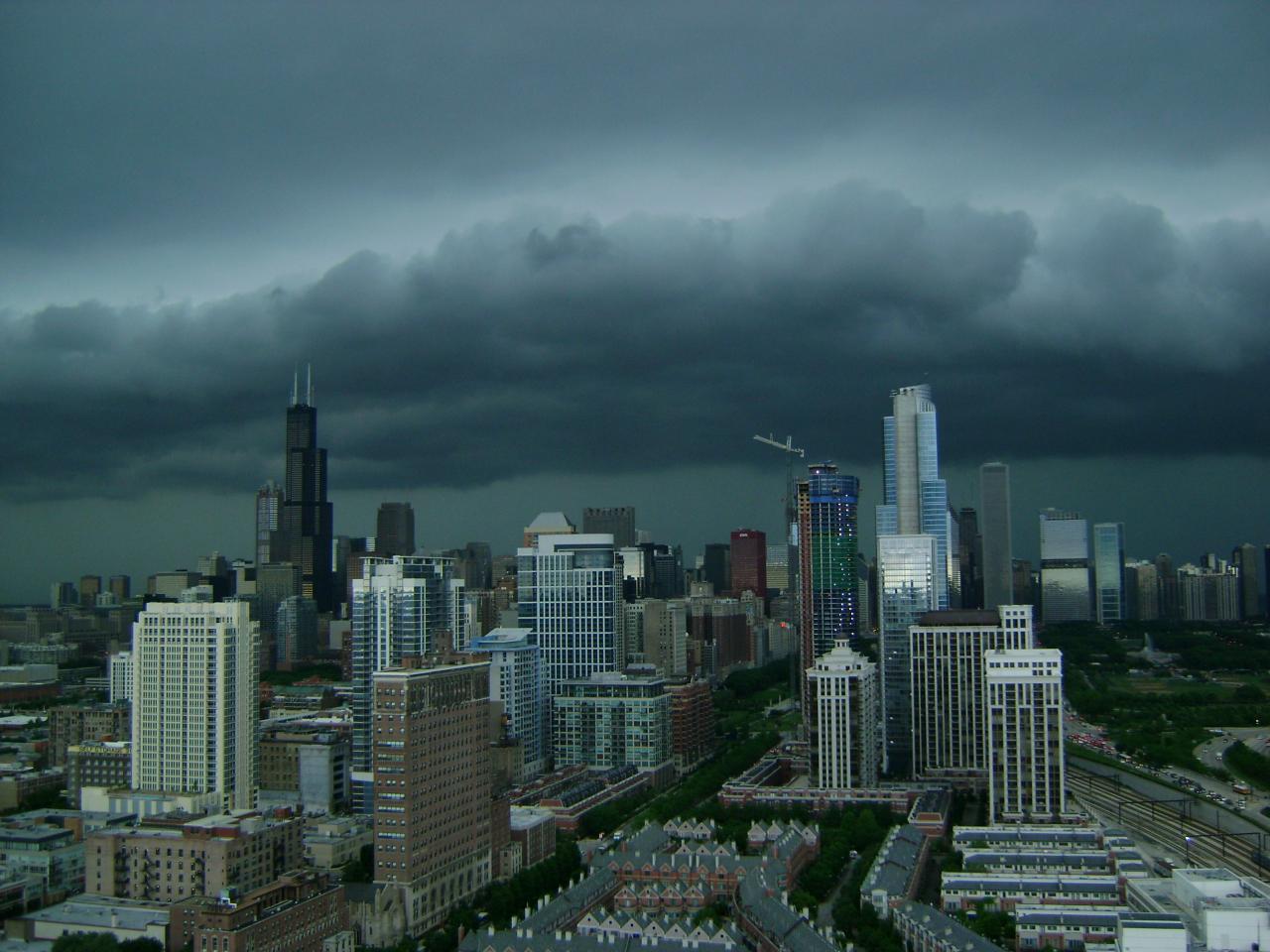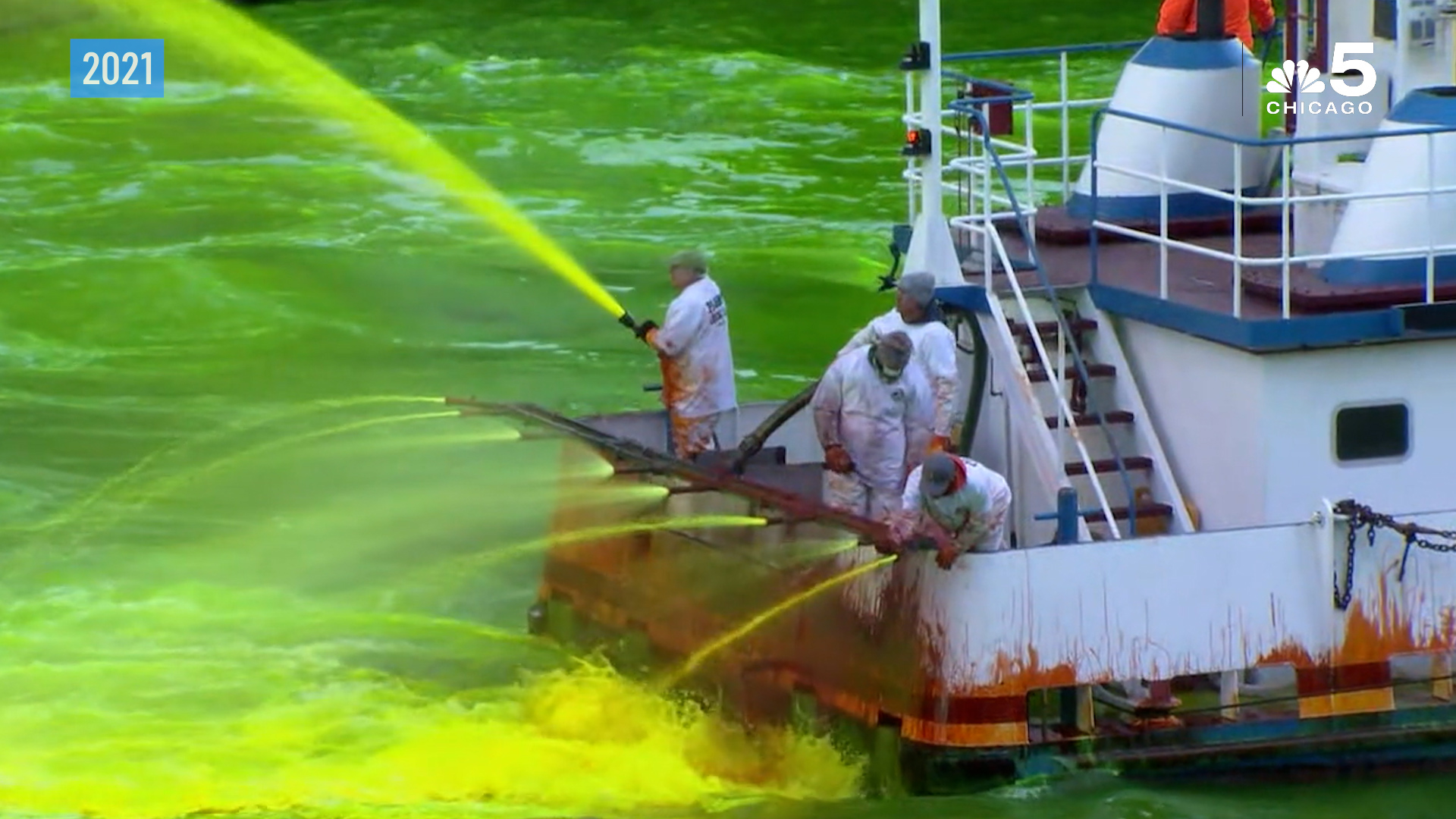The winners of Chicago’s “Winter Dining Challenge” were announced Thursday as city officials prepare to launch a pilot program featuring the various ideas for dining outside during the colder months in the city. NBC 5’s Charlie Wojciechowski reports.
The winners of Chicago's "Winter Dining Challenge" were announced Thursday as city officials prepare to launch a pilot program featuring the various ideas for dining outside during the colder months in the city.
Winners include "cabins" that will fit in a parking space, heated blocks that can be joined together or separated to create seating outside and a modified Japanese Kotatsu, or heated table.
The winners - Amy Young, Neil Reindel and Ellie Henderson- were selected from more than 600 submissions.
"As we approach the winter months and adapt our COVID-19 response accordingly, we owe it to our restaurants to make sure they have what they need to continue keeping their doors open and serving their communities," Mayor Lori Lightfoot said in a statement. "Thanks to IRA and the outstanding creativity of our Winter Dining Challenge winners, we will be able to not only make this a reality, but do so in a way that is safe and showcases our city's innovative spirit. I extend a huge congratulations to each of our Winter Dining Challenge winners."
The city launched the challenge in August, asking residents to propose solutions for outdoor dining during the colder months.
"From architects to designers, restaurateurs, servers and dining enthusiasts, the city has received 643 innovative and exciting ideas for cold-weather outdoor dining in the first-ever Chicago Winter Design Challenge," the mayor's office said in a release last month.
Among the ideas were dining tents with sliding walls, inflatable igloos and even closing a multi-level parking garage to transform it into a food hall for several restaurants. Some suggested greenhouses or pneumatic pods or an outdoor event with rotating restaurants for those that don't already have outdoor space available.
The winners were selected by a panel of local restauranteurs, servers, designers, architects and chefs based on the following categories:
- Outdoor, standalone structures
- Indoor-adjacent spaces
- Cultural shifts making winter dining more appealing
Each winner will receive $5,000 and opportunities to start their idea at restaurants and bars around the city, the office said.
Local
“We are excited to have had the chance to reimagine our public spaces and provide Chicagoans an opportunity to experience the city in a fun and unique way. Chicago has always been a resilient city when faced with difficult times," Reindel, whose submission included a "block party" that he described as "adaptable and easy to implement for many different sites and street configurations," said in a statement. “With Block Party we wanted to provide a warm place for people to reconnect as we move forward through the winter and into 2021.”
“We are honored that our concept was chosen for the Chicago Winter Dining Challenge. Our Cozy Cabins idea focused on creating a warm, welcoming experience to encourage Chicago residents to safely dine in rather than take out,” Amy Young, who submitted the idea for "small modular, adjoining cabins that can fit into a standard parking space," said in a statement. “We wanted to create an outdoor destination centered around new experiences, neighborhood connections, and a sense of community—elements lost while dining at home. We hope this idea helps support small businesses and safely bring people together during this difficult year.”
“I want to thank the City of Chicago, IDEO and the Illinois Restaurant Association for choosing my winter dining idea,” Ellie Henderson, who submitted the idea for heated tables and blankets, said in a statement. “My hope is that my proposal for using heated tables will help restaurants adapt, providing a novel open-air dining experience for their patrons that is safe and comfortably warm through colder months in 2020 and beyond.”
Earlier this month, the city of Chicago eased some of its coronavirus restrictions, allowing indoor bar service again and raising capacity limits on businesses, including restaurants, among other major changes.
Restaurants that had been limited to 25% indoor capacity were able to increase their maximum indoor capacity to 40%. The limit of 50 total customers within one room or space at restaurants, venues and other establishments will remain in place, as will the limit of no more than six people per table.
Chicago officials also recently released fall and winter dining guidelines for area restaurants, revealing establishments with sidewalk cafe permits or outdoor patio licenses can use tents, domes or other temporary structures that allow "adequate ventilation" for circulation. Some heating devices will also be allowed, but they have to meet a required set of safety regulations.
For places using domes or other enclosed spaces, placards must be posted "advising about increased risk of transmission within an enclosed space."
Restaurants will need to submit their fall and winter plans in writing.
According to the city, the pilot program for the winning designs will need to adhere to the guidelines.
As of last month, more than 50 restaurants in the Chicago area had permanently closed their doors because of the coronavirus pandemic.
In addition to the winning designs, the city also announced Thursday that DoorDash plans to announce a financial support program for Chicago restaurants to "help cover the costs of winterizing their outdoor dining areas." The program will give $500,000 in grants to help local eateries with the costs of heating equipment, safety materials for indoor dining, air filtration system upgrades, blankets and more.
Applications open on Oct. 16 and funds will be distributed through the end of November, the city said. Restaurants must be located in Chicago and have no more than three locations operating currently with 50 employees or fewer and no more than $3 million in revenue from 2019 to apply.



